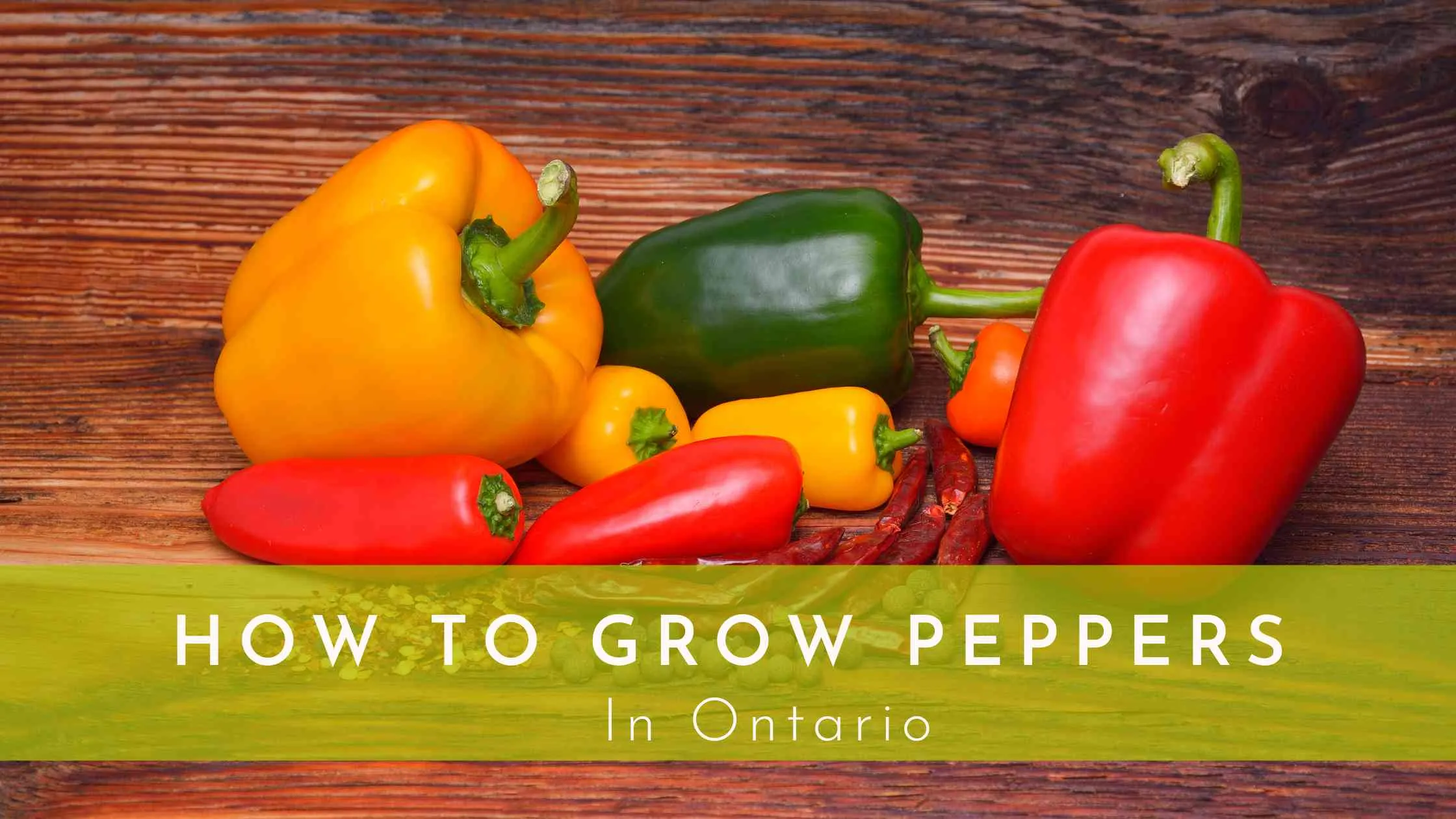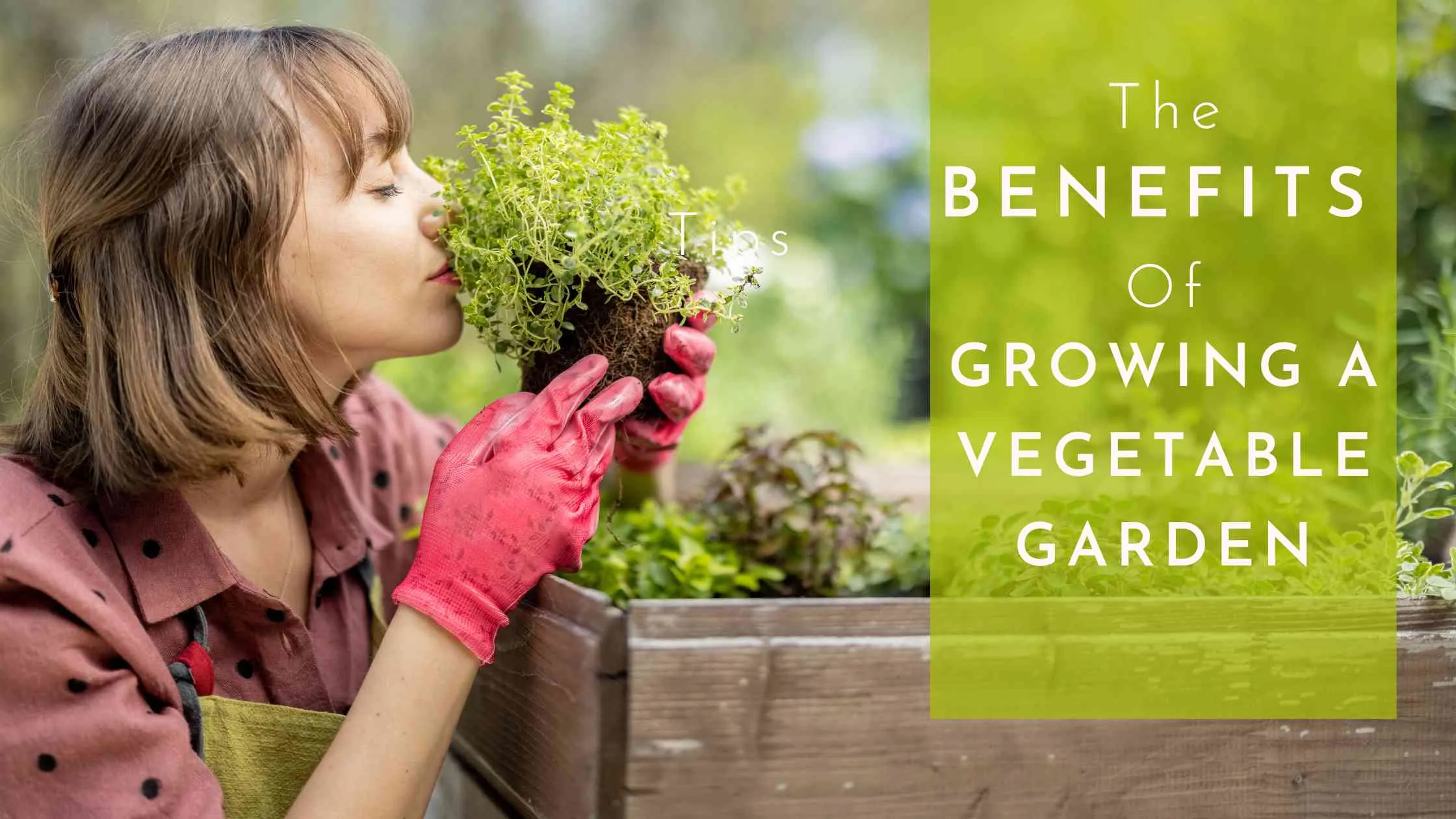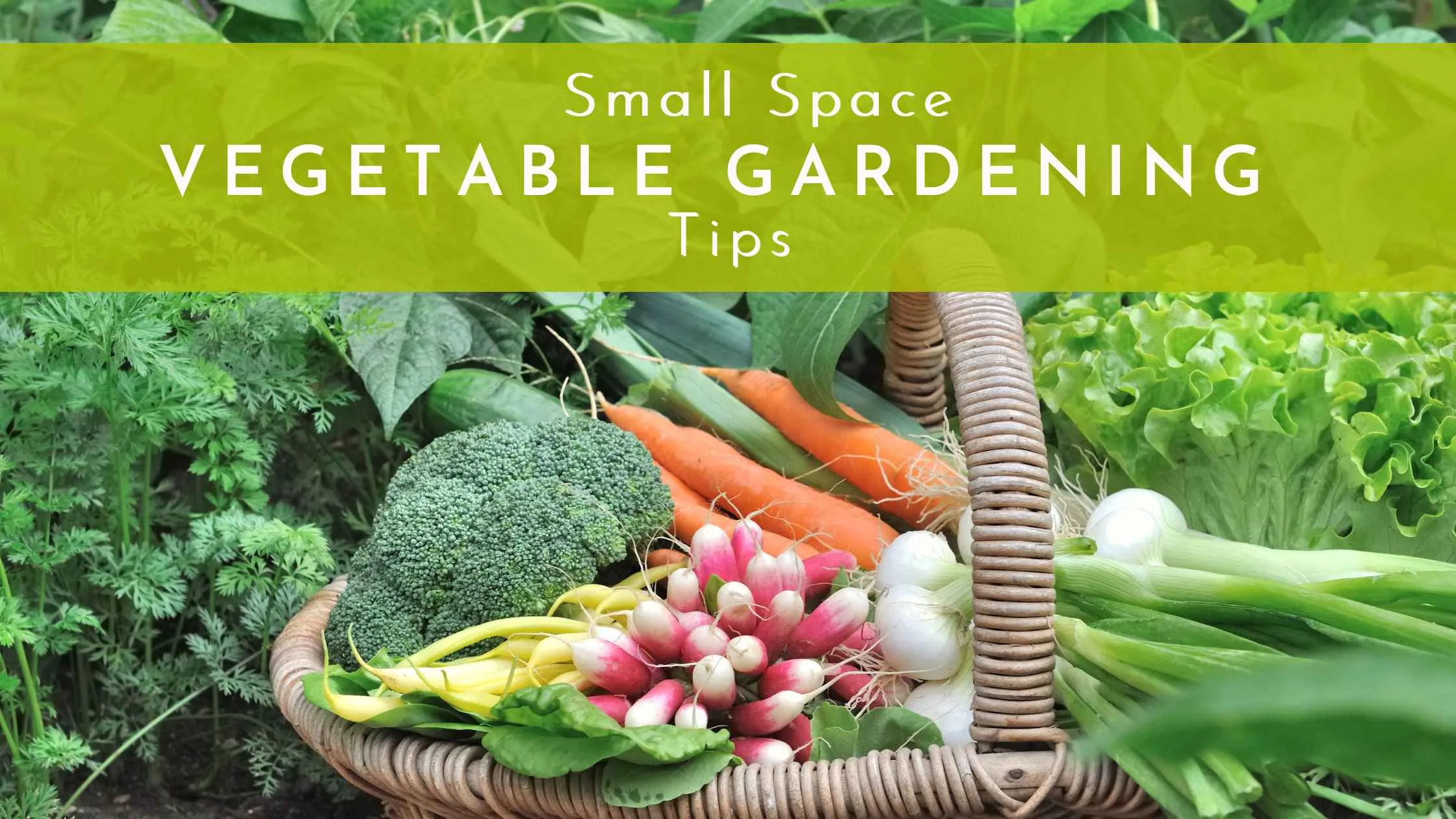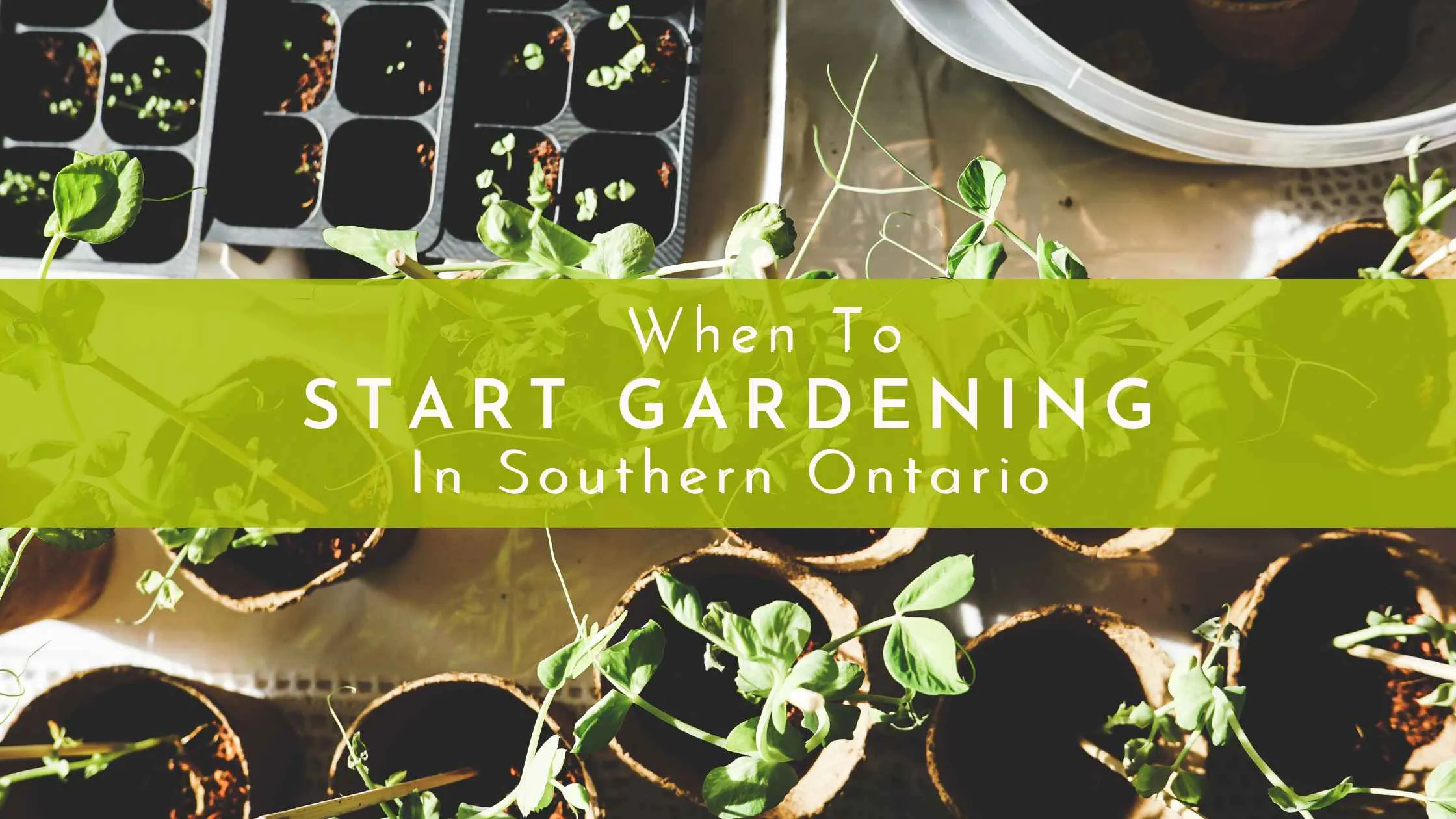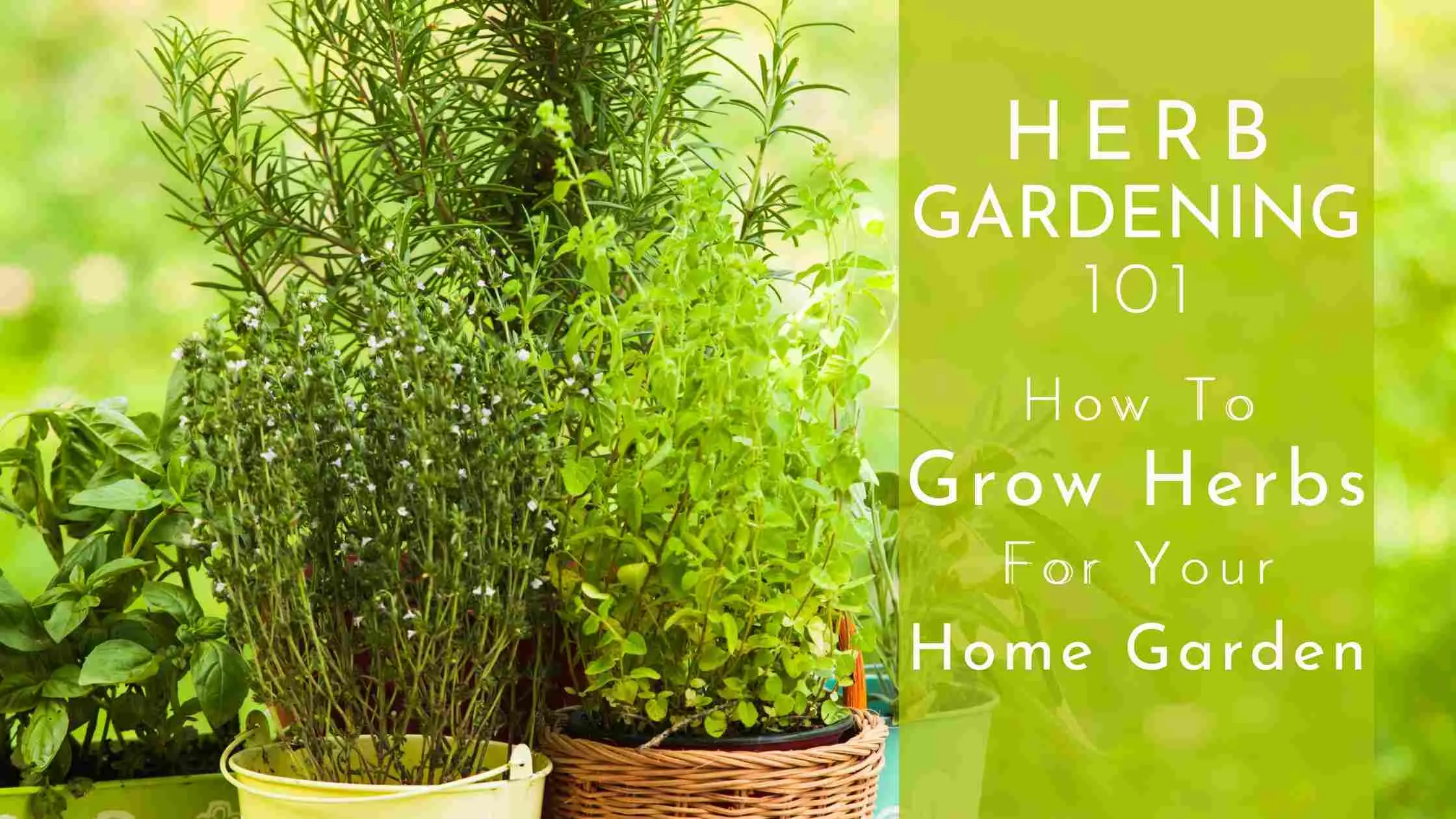How To Grow Broccoli in Ontario
In Ontario, Canada, gardening enthusiasts and farmers alike can find immense satisfaction in growing one of the healthiest vegetables around: broccoli. Whether you're new to gardening or have green thumbs and are looking to diversify, this guide to growing broccoli in Ontario will give you all the insights and expertise needed to cultivate this hearty vegetable.
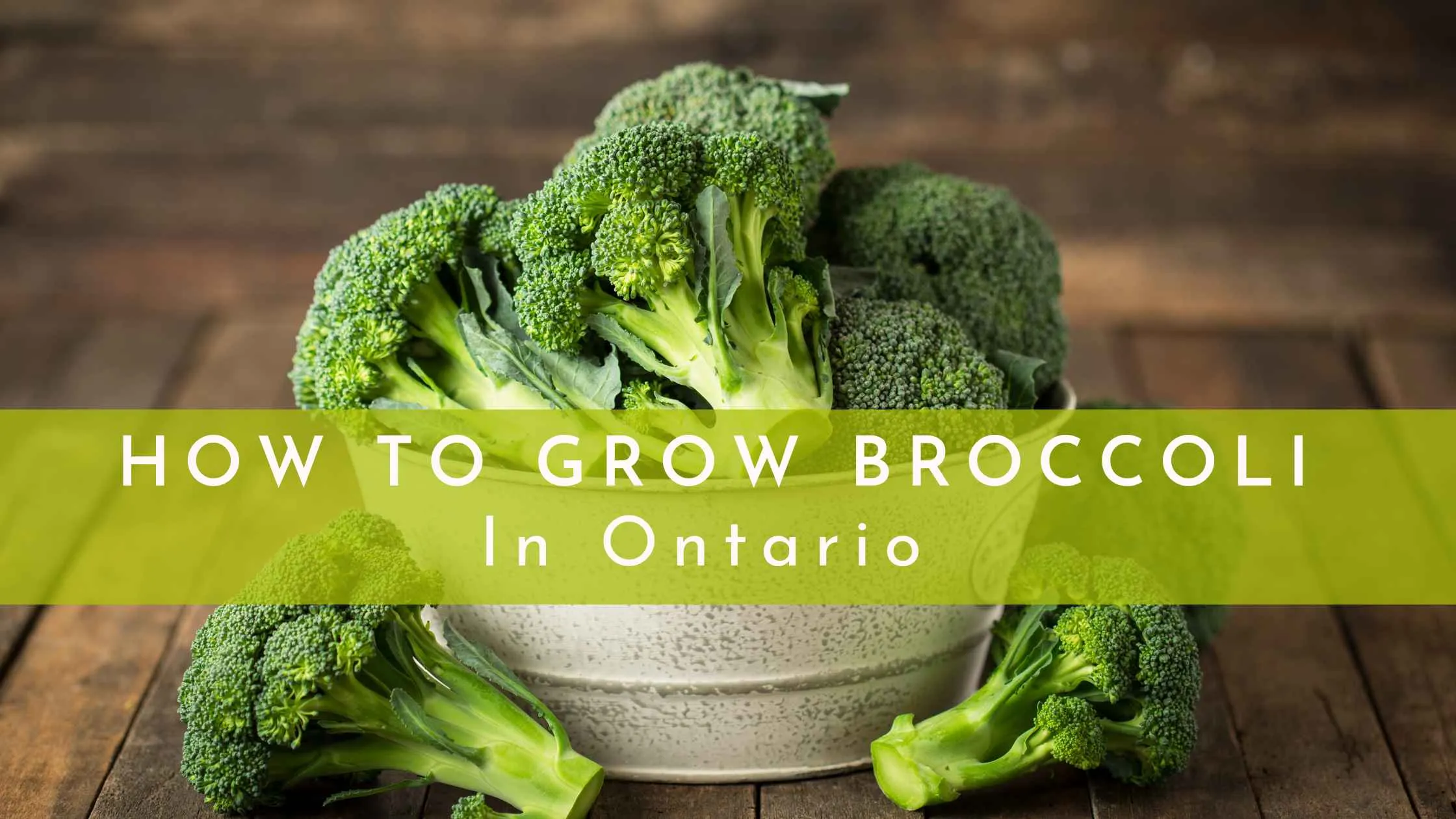
Latin Name: Brassica oleracea var. italica
Family: Brassicaceae (Cruciferae), commonly known as the mustard or cabbage family.
Difficulty: Moderate
Season: Cool-season
Light Exposure: Full sun to partial shade
Broccoli's Growing Conditions
Understanding its optimal growth conditions is vital to give broccoli the best shot at thriving. This vegetable prefers cooler temperatures, making Ontario’s climate quite suitable. It's typically planted in early spring for a summer harvest or late summer for a fall harvest. It doesn't fare well in the hot summer months.
Here’s what you need to consider:
- Soil: Broccoli thrives in well-draining soil with a pH level of 6.0 to 7.5. Enrich your soil with compost or organic matter for added nutrients.
- Sunlight: While broccoli does need sunlight, it doesn’t crave the heat. Broccoli generally requires at least 6 hours of sunlight per day, but it appreciates some shade in the hotter parts of the day, especially in warmer weather. A spot with full sun to partial shade should do the trick.
- Water: Broccoli requires consistent moisture, so water regularly, ensuring the soil remains damp but not waterlogged.
Growing Broccoli from Seeds
Starting broccoli from seeds can be immensely rewarding. Around 4 to 6 weeks before the last expected spring frost, you can begin your broccoli seedlings indoors. Once the seedlings have grown at least two leaves and the threat of frost is over, transplant them outdoors, spacing them 12-20 inches apart.
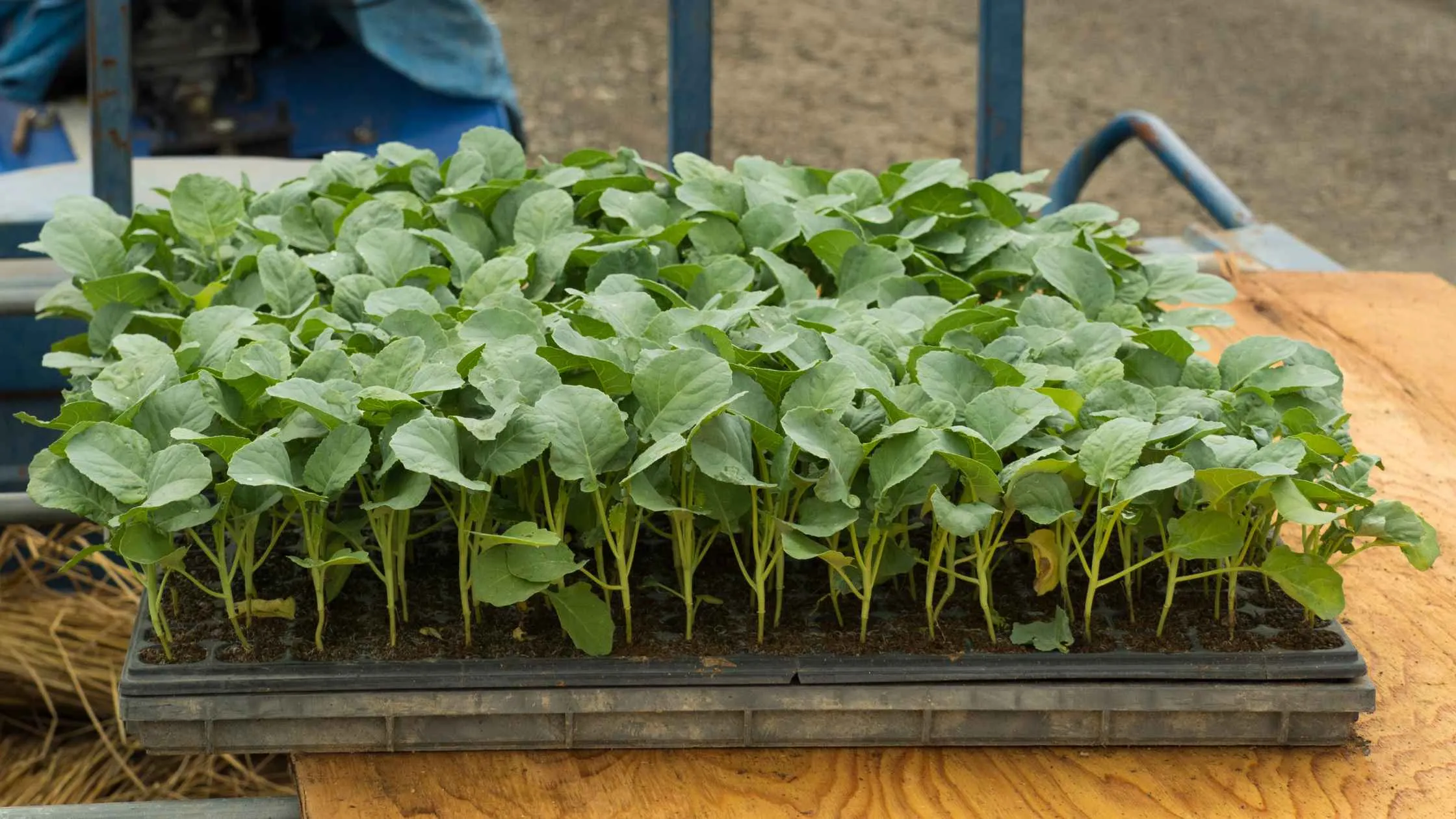
Tips On Growing Broccoli
Now that you've got your broccoli in the ground, here are some growing broccoli tips to ensure you get a bountiful harvest:
- Fertilize: Once the plants are established and show good growth, a light application of high-nitrogen fertilizer can encourage robust development.
- Mulch: Using organic mulch, like straw or wood chips, can help retain soil moisture, suppress weeds, and regulate soil temperature.
- Protection: Cover your broccoli with floating row covers to protect against common pests, like aphids and cabbage worms.
Problems Growing Broccoli
Like all crops, there can be problems growing broccoli. Some common issues and how to avoid them include:
- Bolting: This is when broccoli produces flowers prematurely. It's often caused by temperature fluctuations. Ensure steady growth by providing consistent water and mulch to regulate soil temperature.
- Pests: Aphids, cabbage worms, and root maggots can plague broccoli plants. Regular inspections, natural predators (like ladybugs for aphids), and floating row covers can help.
- Diseases: Clubroot and downy mildew are two diseases that can affect broccoli. Rotate your crops and avoid planting broccoli in areas where these diseases have been a problem in the past.
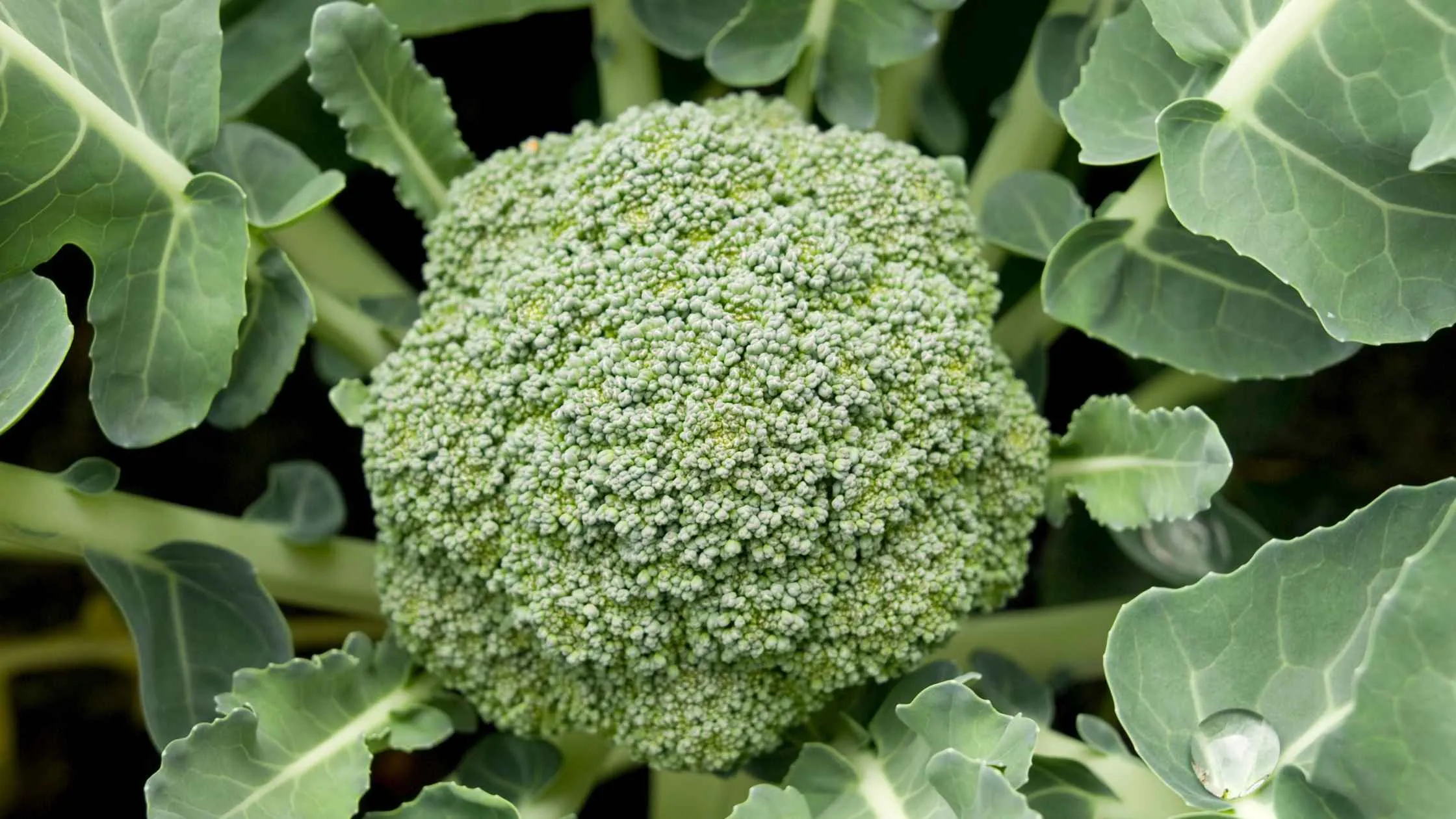
How Long Does Broccoli Take To Grow
One of the most frequently asked questions is, "how many days does it take to grow broccoli?" The answer varies with the variety, but generally, broccoli takes between 85-100 days to mature when grown from seed. If you’re growing from transplants, it might be a bit quicker, typically around 55-70 days from the time of transplanting.
Conclusion
Growing broccoli can be a fulfilling venture for Ontarians, yielding fresh, green, and nutrient-packed produce right from your garden. By understanding what we've discussed above — the necessary growing conditions for broccoli, starting from seeds, following expert tips, ensuring winter growth, troubleshooting problems, and keeping an eye on the growth timeline — you'll be on your way to a successful broccoli harvest in no time!
So, whether you’re looking to add a new veggie to your garden roster or diversify your current garden crops, give broccoli a shot. With a bit of care and attention, you'll enjoy the fruits (or, in this case, florets) of your labor! Happy gardening!

